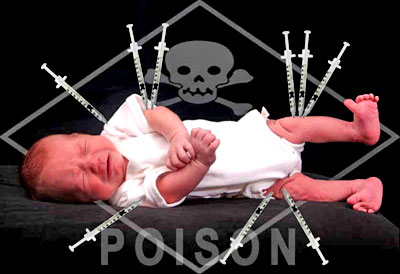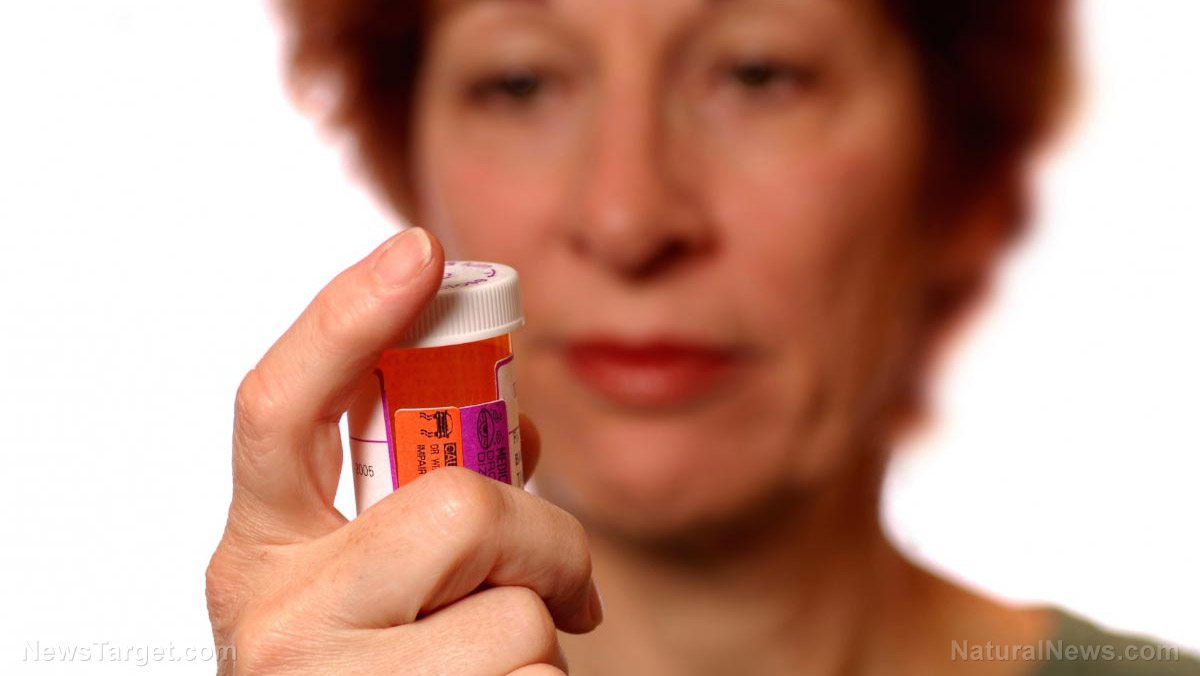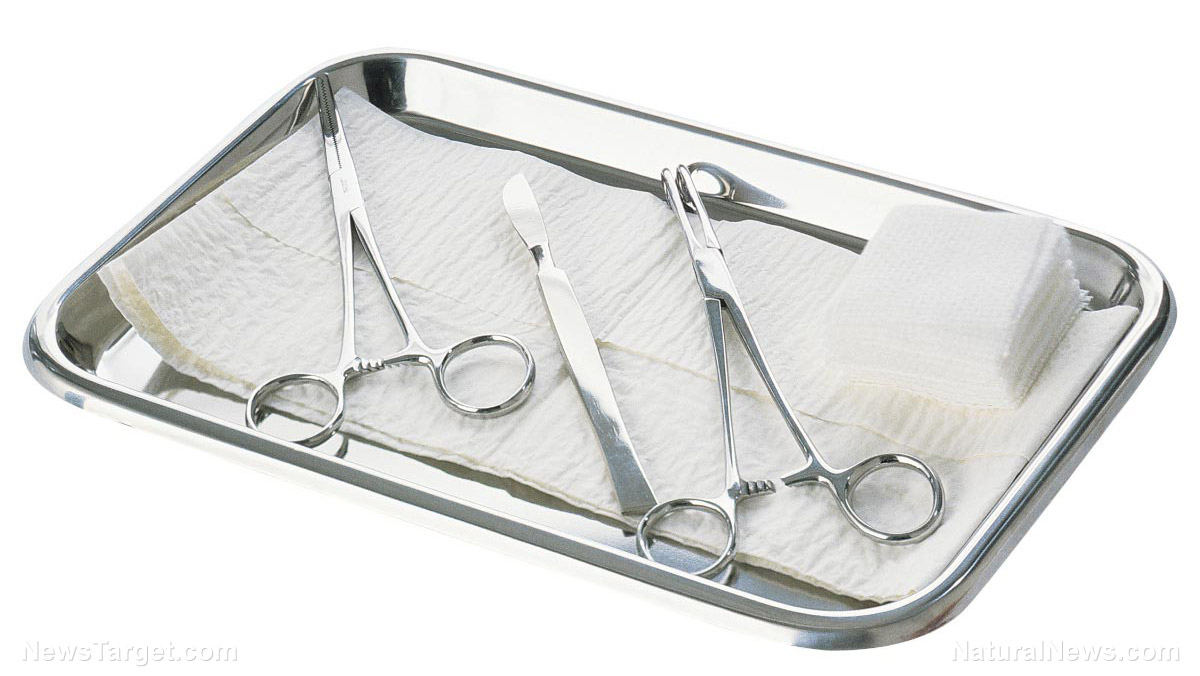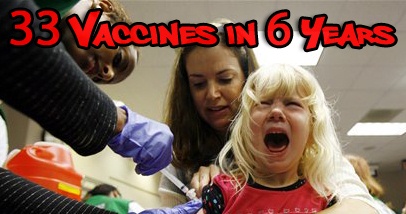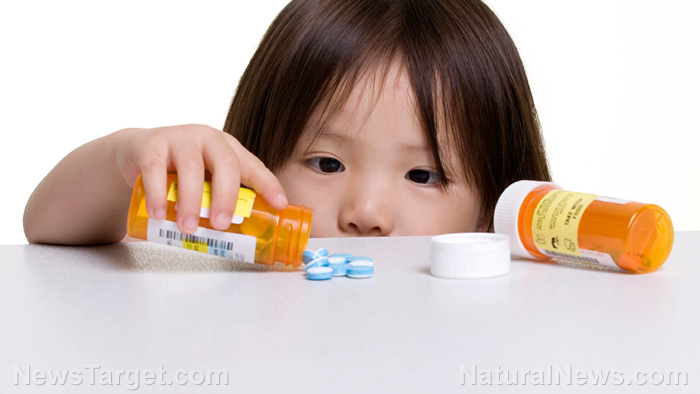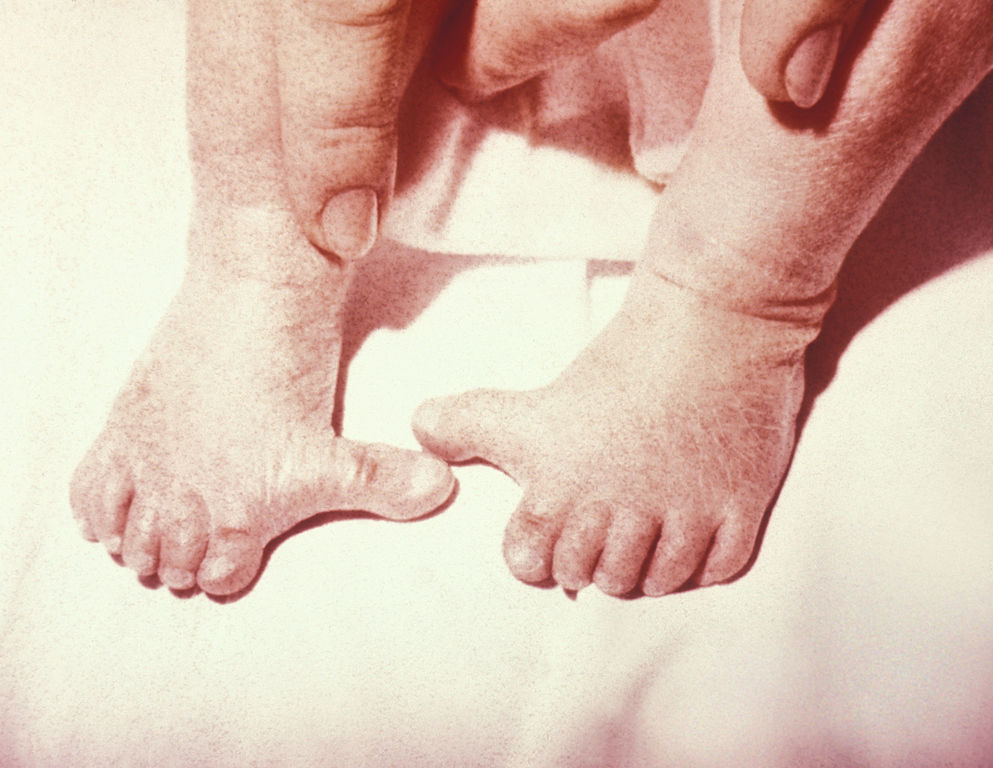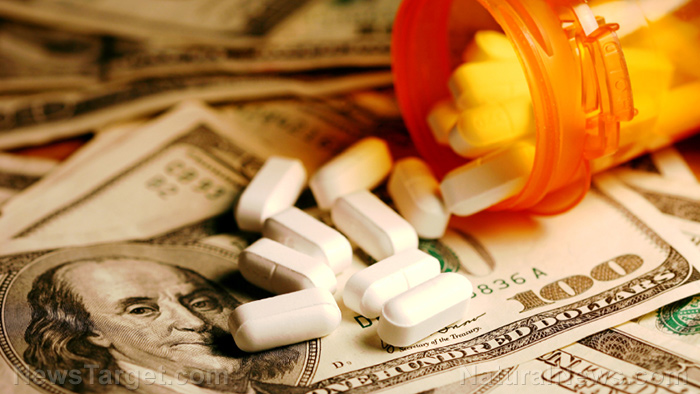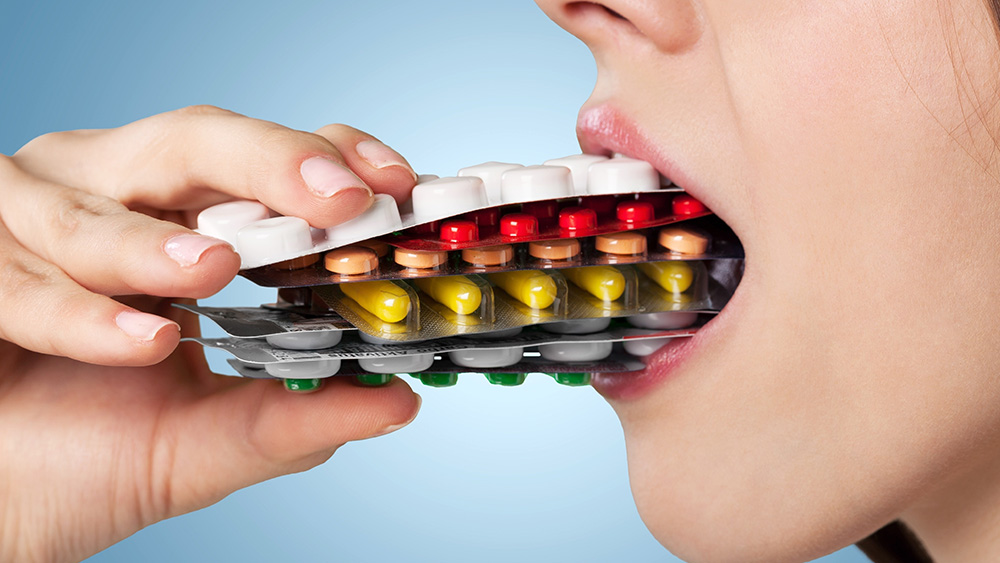10 rules to avoid health problems caused by prescription drugs
11/01/2018 / By Vicki Batts
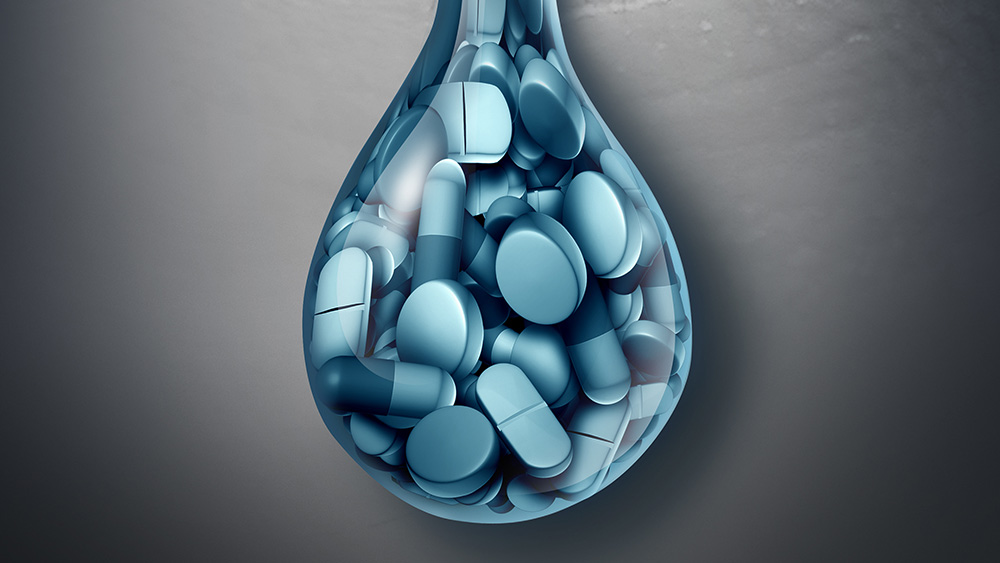
Millions of people use prescription drugs every day for any number of reasons, and a growing number of people are falling prey to prescription drug addiction. While the first rule of medicine is said to be “Do no harm,” it seems that modern medicine has dropped the ball on that front.
As drug addiction expert Stanton Peele, Ph.D., J.D., says, there are plenty of “feel-good” drugs on the market these days, but keeping your focus on basic life satisfaction is key to keeping pharmaceutical drug addiction at bay. “You must always be mindful that your reliance on such meds is not dominating—even consuming—the rest of your life,” Dr. Peele states.
Many people avoid pharmaceuticals due to the risk of side effects, or for other reasons, but there are times when pharmaceuticals may be necessary for one reason or another. Millions of people end up taking these drugs for the wrong reasons, unfortunately. As Dr. Peele states, being your own advocate is important — especially when dealing with medications. Dr. Peele offers five basic psychological principles for keeping drug addiction at bay, along with five tips for basic safety around prescription drugs.
Here are Dr. Peele’s tips for staying healthy while taking a prescription:
1. Don’t neglect your mental health
Dr. Peele states that seeking out therapy, exercise or other modes of stress relief are essential to keeping life in order. Non-pharmaceutical options like these can help boost life satisfaction overall.
2. Stay active and healthy
Addiction starts where the deterioration of “normal” life begins. Keeping up with obligations, doing activities with friends and family, and continuing along with hobbies can help keep you grounded.
3. Talk to a friend
While it’s important to talk to your doctor, having a close friend or family member to speak with is important, too. Having someone you “check in” with can help you keep track of changes in mood, demeanor or other issues — even memory loss.
4. The drugs aren’t you
Dr. Peele states, “There is a real you beneath the drugs’ effects. Of course, your consciousness or physical sensations may be unpleasant or dysfunctional for you—that’s why you got a prescription. Do your utmost to remain connected to the real, unmedicated you.”
5. Suicide is a risk
Suicide is a complex topic, but any drug you take should be taken cautiously — whether it’s an antidepressant, a pain reliever or something else. As Dr. Peel contends, “I will note here that, to some extent, misusing meds is like incremental suicide, even when you are not intentionally trying to kill yourself. Be aware of this with every mood or pain drug you take.”
Here are Dr. Peele’s tips for drug safety:
1. Never get multiple prescriptions for the same drug
As Dr. Peele explains, getting multiple prescriptions for the same drug from different doctors is illegal. Needing multiple prescriptions for the same thing is an indication that the drug isn’t working as intended, and these concerns should be brought to your doctors’ attention.
2. Increasing dosages is bad news
It is a common practice to increase a patient’s medication once, after the doctor and patient have observed the initial reaction. Frequent increases in your medication are a “danger signal,” according to Dr. Peele. This is especially true in the instance of addictive pain medications like opioids. If your doctor continues to increase your medication, you should speak with them about your concerns, or perhaps even consider getting a second opinion.
3. Use one doctor and one pharmacist for clearing drugs
Even if you’re seeing multiple specialists for different things, all drugs should be approved of by one individual doctor who keeps track of your medications. Similarly, all drug prescriptions should be run through the same pharmacy, again so the pharmacist can track your meds and ensure that you aren’t being put at risk. Contraindications between drugs should be taken very seriously.
4. If you think the drug isn’t working, it’s not
Dr. Peele states that if you feel a drug isn’t working, that’s a red flag it’s not the right medication for you. He suggests switching meds, or seeking a non-pharmaceutical alternate.
5. Never mix drugs
Sedatives, tranquilizers, alcohol and painkillers should never be mixed together, in any combination. These drugs can be lethal when combined. The mixing of narcotics and other drugs is a leading cause of overdose death. Opioids are especially dangerous.
See more coverage of stories about medication and more at PrescriptionWarning.com.
Sources for this article include:
Tagged Under: addition, Big Pharma, drug addiction, medication, pharmaceutical drug addiction, prescriptions, prevention, side effects


